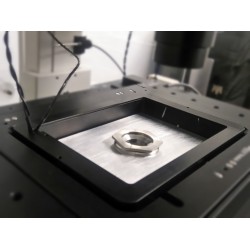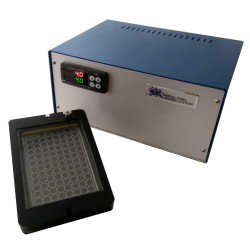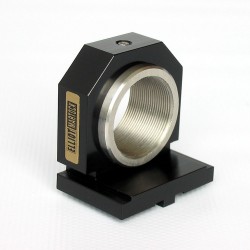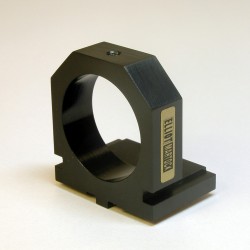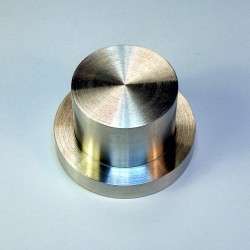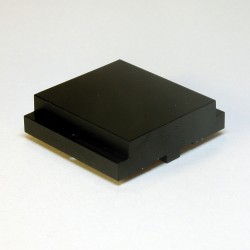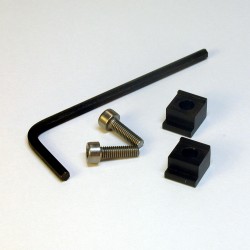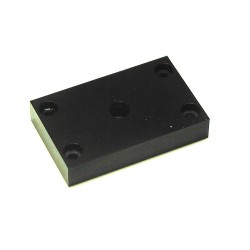Microscope Incubation Systems
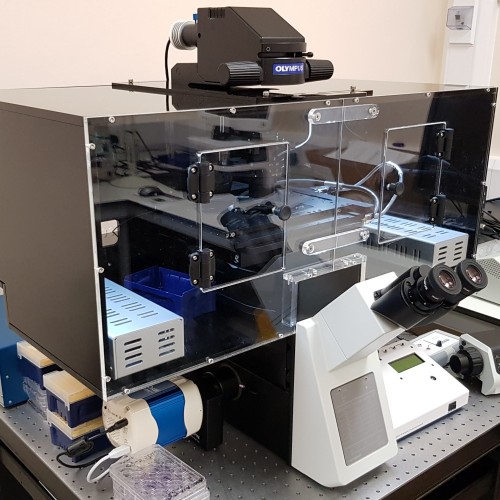
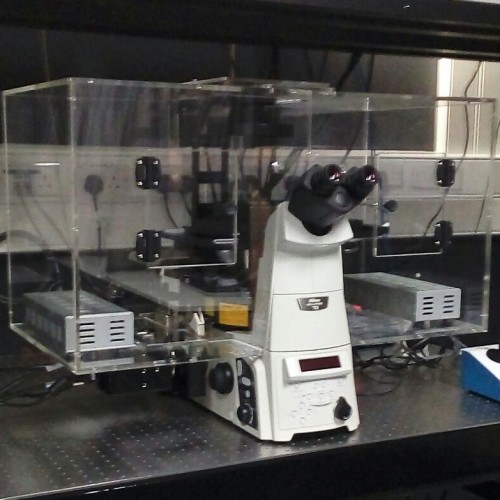
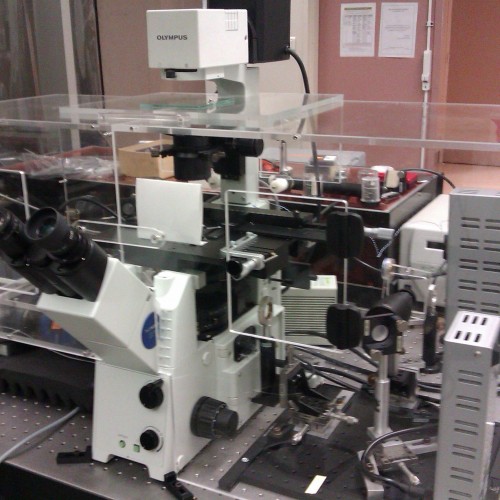
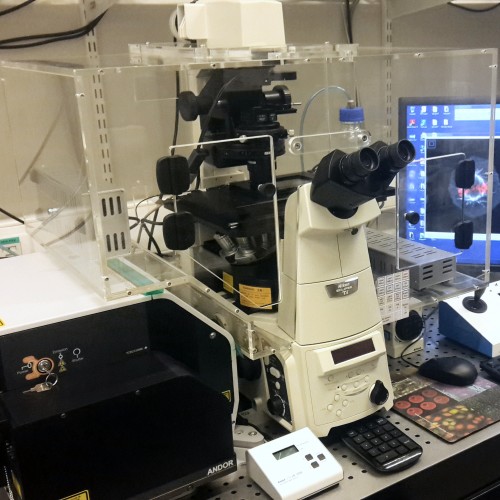
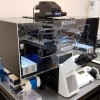
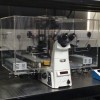
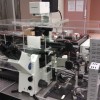
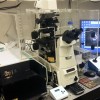
- Stock: Contact us for details
- Click here to: Contact us
- Model: DPMH Incubators
Temperature stabilised microscope enclosures
Incubation Systems from DPMH
...for live cell imaging, heating/temp control, CO2 control, hypoxia experiments and CO2/O2 environments
SuperSeal™ System
An experiment at the University of Heidelberg required CO2 control for maintaining cell viability, and full access to a multi-well dish in order to add a drug at certain points in the cell cycle.
DPMH's unique Enhanced Sealing Technology enabled the researchers to achieve both these goals and maintain temperature stability.
Vibration-free microscope heating systems from Digital Pixel Microscope Heaters (DPMH) deliver the ultimate in thermal homogeneity and stability. Ideal for the more demanding microsopy techniques such as Super Resolution, Optical Tweezers or electrophysiology: even users of x60 or x100 objectives can benefit as focus drift is reduced.
By gently warming the sample area from both sides with a steady flow of heat, thermal equilibrium and microscope stability is easily achieved. In contrast, a typical fan-based system blows external hot air into the system on demand, causing temperature fluctuations and possible contamination.
DPMH solid-state heaters can maintain 1 to 50 °C heat above ambient depending on configuration. This allows for a wider range of samples to be studied, and their inherent reliability means less down time during time-lapse experiments.
A range of incubation systems for microscopes from Leica, Nikon, Olympus and Zeiss have been designed and built by DPMH, along with bespoke units compatible with a range of third-party microscope accessories and microscope systems from other manufacturers. Incubation systems are available in either matt black, clear, or mixed - which is matt black with a clear front and blackout curtain. Zeiss systems are also available with the SuperSeal™ option.
For Leica
One of the two table mounted designs allows the researcher greater access to the microscope by removing the main front panel of the incubation system. This is typically used in Super Resolution configurations. All these systems have been designed to allow full access to the microscope's controls without having to move flaps or doors. The microscope mounted unit can be used for either wide field or spinning disk systems. The emphasis here is on keeping a clear space around the microscope base for peripherals such as cameras, beam splitters and so on. |
For Nikon
Systems has also been designed for use with the Ti-E when combined with either the Nikon A1 Confocal, or Yokogawa Spinning Disk systems from Visitron, Andor or Perkin Elmer. The matt black unit for this range has internal LED illumination as an option. |
||
|
NOW available for WITec Raman Microscopes - the Alpha R and RI systems |
|||
For Olympus
Mounted on the microscope to provide full access to the removable optical components on the chassis, these designs are compatible with both the single and double layer variants of the new Olympus inverted microscope range, with configurations available for both the IX73, and IX83 with either one optical train (1TR) or two optical trains (2TR). |
For Zeiss
Removable panels enable access to cameras and other accessories. The incubation unit is supported by the microscope, providing an uninterrupted clear space around the microscope for system peripherals, beam splitters, multiple camera configurations and so on. The optional SuperSeal™ enhanced sealing technology provides CO2 control within the whole unit. |
||
| Custom incubation systems have been also developed for the following: Abberior STED Microscope | Andor CSU-11 Spinning Disk System | Crest Spinning Disk System | Perkin Elmer Spinning Disk System | WITec Raman and AFM microscopes | |||
Typical specifications†
| Temperature range | Ambient +1 to 42 °C |
| Temperature stability | ± 0.3 °C |
| Temperature homogeneity | ± 0.3 °C across an XY stage |
| † All measurements depend on the microscope and incubation system configuration. | |


